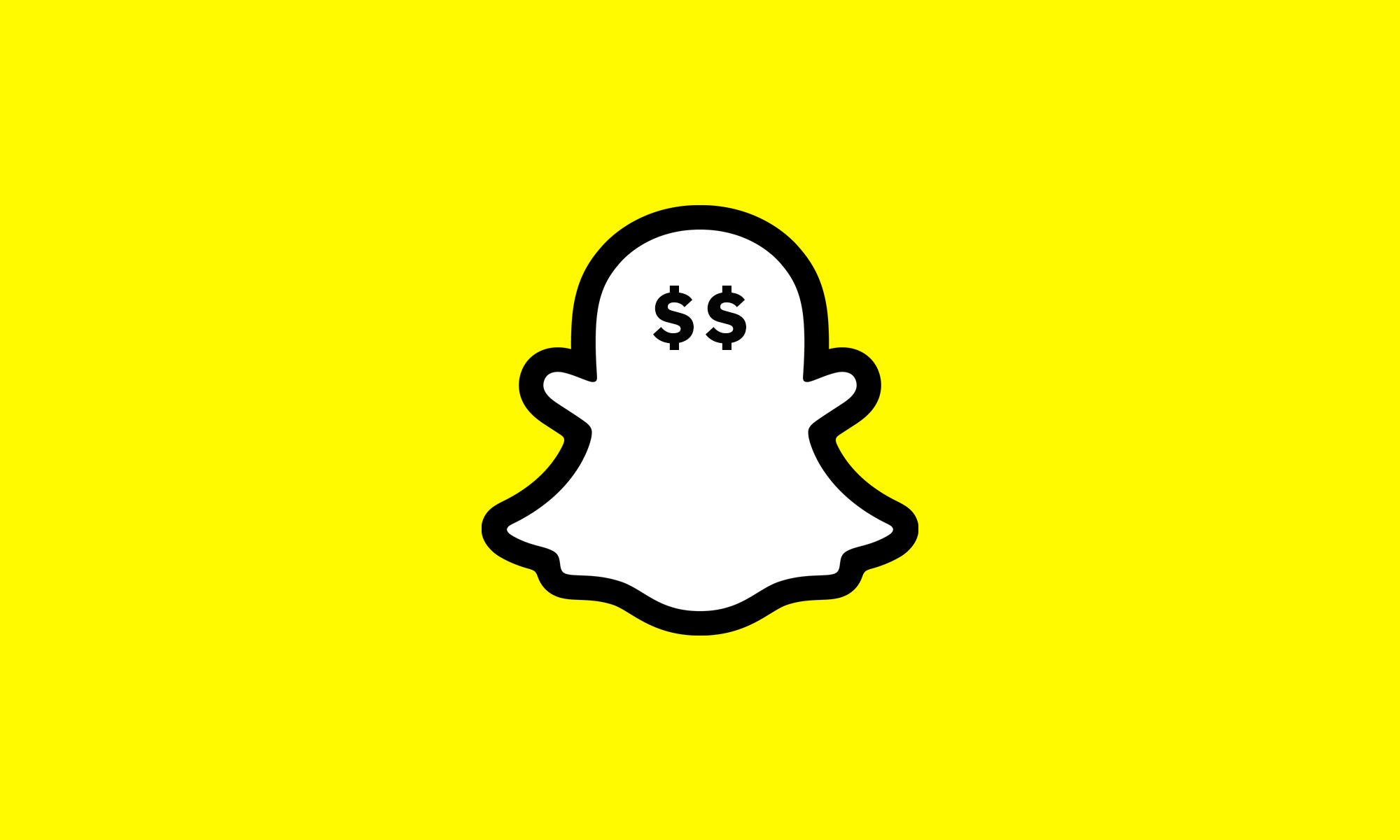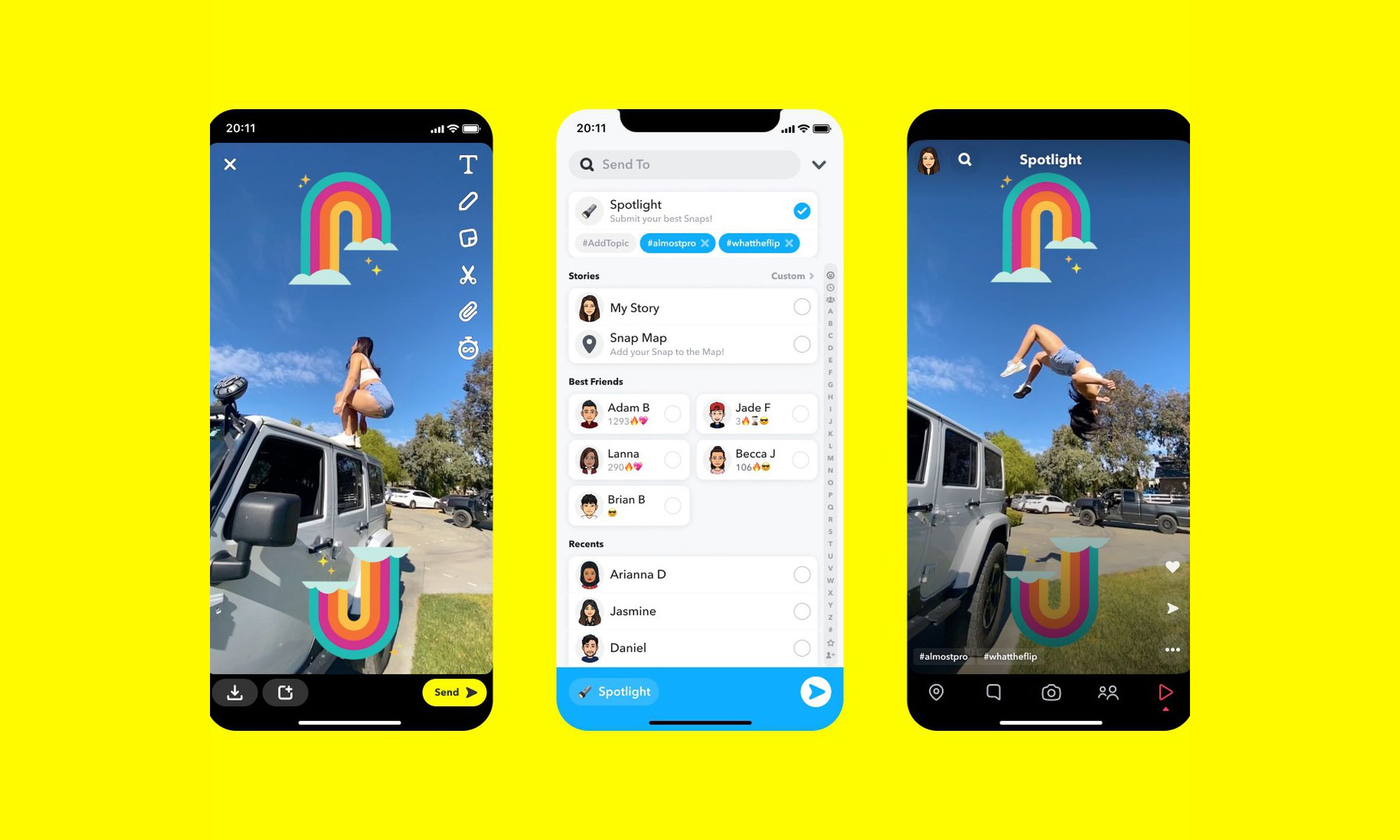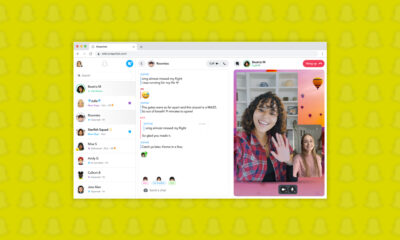News
Snapchat Launches Its Spotlight Feature In The MENA Region
Snapchatters who decide not to reveal their profile information to the public can still earn money based on how many views their content gets.

Snapchat has just launched its new Spotlight feature in the Middle East and North Africa, enabling the local audience of approximately 75 million users to discover trending Snaps from the entire Snapchat community in one convenient place.
The Spotlight feature is Snapchat’s answer to TikTok’s success. While originally created to imitate the spontaneous, intimate feeling of real-world conversations, Snapchat has been continually innovating its platform and moving away from the original concept.

Snapchat
“Spotlight is an exciting new addition, a result of careful thought and insight into what our community wants, likes, and values. It is also built with our privacy-by-design philosophy, with the wellbeing of our community front and center,” said Hussein Freijeh, the general manager of Snap Inc. in the Middle East.
When sharing a video from their private accounts to the more public feed, Snapchat users in all regions where Spotlight is available can choose to send the video to the Spotlight feed and do so anonymously if they want to.
What’s great is that those who decide not to reveal their profile information to the public can still earn money based on how many views their content gets.
“Our hope is that Spotlight continues to break down barriers to content creation and by democratizing both distribution and the ability to earn, encourages Snapchatters to be creative and express themselves,” Freijeh added.
Also Read: Twitter Verification Badge Is Now Available To The Public
To achieve its goal, Snapchat is both automatically and manually moderating all Snaps that get submitted to Spotlight and tagging them based on their content. Each tag is then subdivided into multiple levels based on their views. A Snap featuring a dancing dog that has been viewed by, let’s say, 1,000 people then competes with other funny dog videos with a similar view count.
This simple yet effective mechanic prevents influencers and other people with a massive online following from stealing the spotlight (pun intended).
Currently, Spotlight is available in Saudi Arabia, Egypt, Algeria, Morocco, the UAE, Jordan, Kuwait, Oman, Qatar, Bahrain, Palestinian Territory, Libya, and Iraq.
News
Mamo Completes $3.4M Funding Round To Enhance Fintech Services
The startup will use the influx of cash to expand into Saudi Arabia and across the wider GCC while improving its product offering.

UAE-based fintech Mamo has announced the completion of a $3.4 million funding round that will help the startup extend its market presence and improve its product offering. Investors included 4DX Ventures, the Dubai Future District Fund and Cyfr Capital.
Mamo’s platform offers “payment collection, corporate cards and expense management” to help small and medium-sized businesses consolidate and streamline their operations. With the latest influx of capital, Mamo will further develop its comprehensive suite of services and begin testing its product lines in Saudi Arabia, further extending its footprint across the GCC.
Imad Gharazeddine, co-founder and CEO of Mamo, stated: “We’ve been in the market for a while now and are incredibly proud of what our team has achieved. The holistic and expansive nature of our product offering has helped us continue to grow sustainably. This additional funding will allow us to reach our medium-term goals even faster. The support from new and existing investors is a testament to our strong expertise and the ability to deliver on our customer promise”.
Daniel Marlo, General Partner of lead investor 4DX Ventures, added: “We have immense trust in Imad’s vision, leadership and Mamo’s innovative approach to provide a user-friendly and comprehensive financial solution for SMEs that makes financial management more accessible and efficient. We are proud to partner with them and support their mission”.
Also Read: A Guide To Digital Payment Methods In The Middle East
Amer Fatayer, Managing Director of Dubai Future District Fund’s investment team, also commented: “Mamo’s localized product lines serve as an infrastructure for SME payments and spend management in UAE, a segment that is underserved by the country’s current banking infrastructure. The team has taken a product-first approach to consolidating SMEs’ financial journeys and building a fintech solution deeply embedded in a business’s core operations”.
To date, Mamo has raised around $13 million in investment funding and now boasts a team of 30 people. The company’s intuitive financial services platform has allowed over 1,000 businesses to consolidate their financial operations and significantly reduce payment fees.
-

 News4 weeks ago
News4 weeks agoAmazon Prime Day 2024: Get Ready For 6 Days Of Amazing Deals
-

 News4 weeks ago
News4 weeks agoSamsung Unpacked 2024: What To Expect From The July 10 Event
-

 News4 weeks ago
News4 weeks agoCoursera Report Shows Surge In UAE Interest In AI Upskilling
-

 News4 weeks ago
News4 weeks agoMeet Dubai’s Groundbreaking Smart Robot Delivery Assistant
















